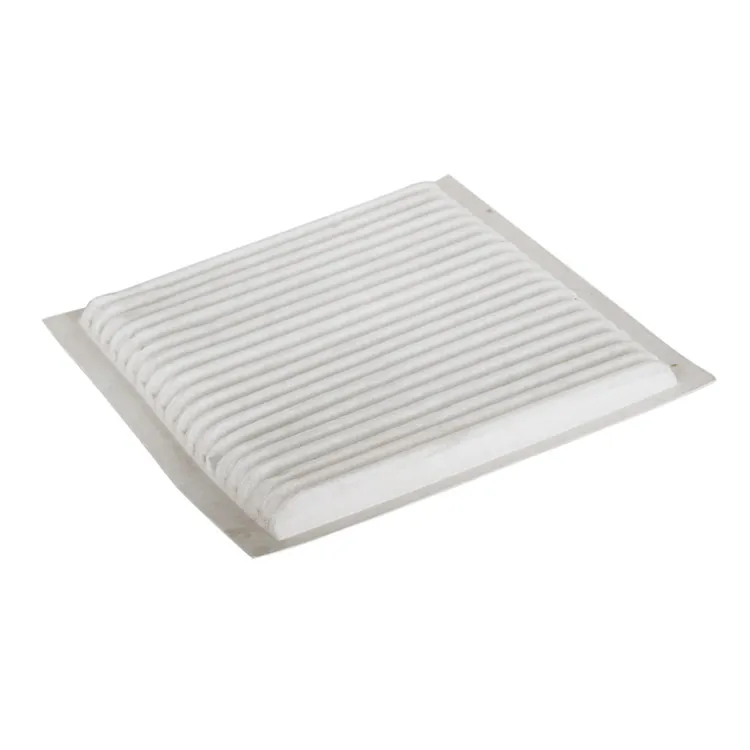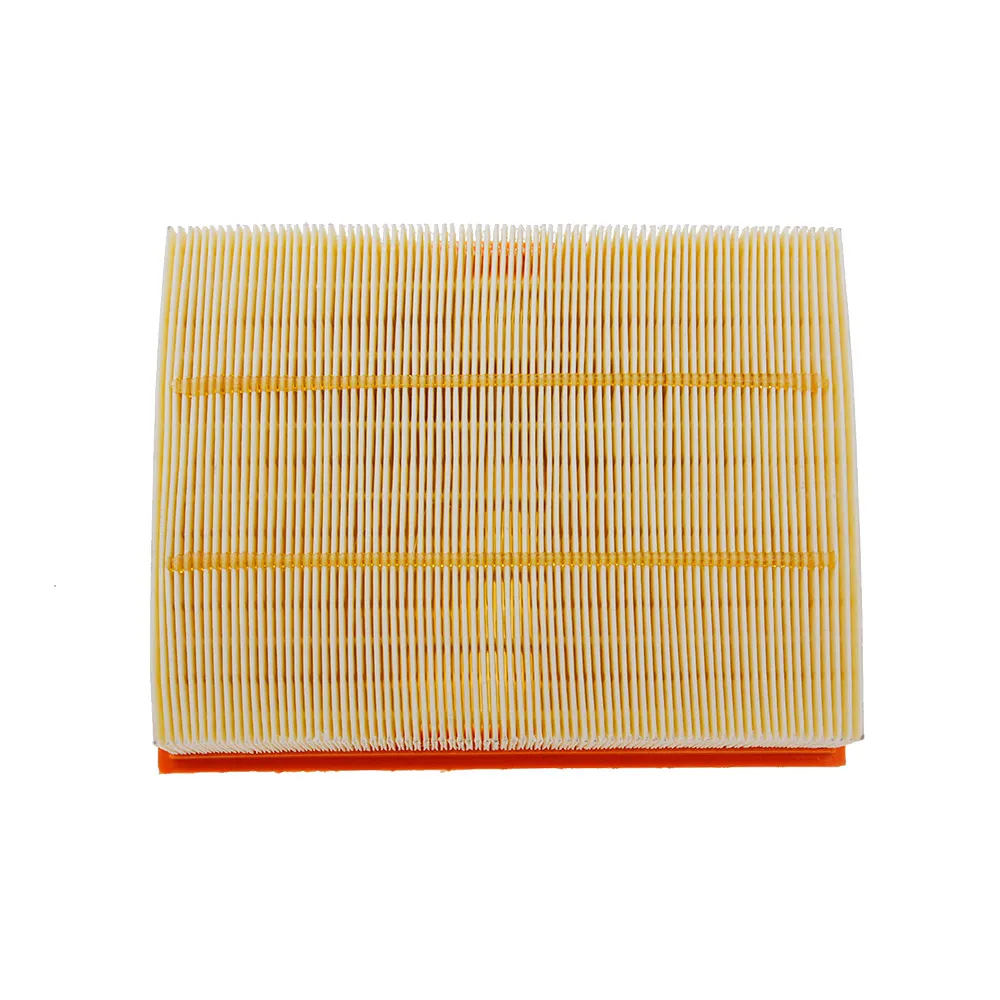
- Understanding the Role of Car Air Filters
- Key Factors Influencing Replacement Frequency
- Technical Advantages of Premium Air Filters
- Manufacturer Comparisons: Performance & Durability
- Custom Solutions for Different Driving Conditions
- Real-World Case Studies and User Outcomes
- Final Recommendations for Optimal Maintenance

(car air filter how often to change)
Car Air Filter Maintenance: Why Timing Matters
A vehicle's air filter is critical for engine performance and cabin air quality. Neglecting replacement schedules can lead to reduced fuel efficiency (by up to 10%, according to SAE International) and increased exposure to allergens. Most manufacturers suggest changing the engine air filter every 15,000–30,000 miles, while cabin air filters typically require replacement every 12,000–15,000 miles. However, variables like driving in dusty regions or stop-and-go traffic may shorten these intervals by 30–40%.
Key Factors Influencing Replacement Frequency
Four primary elements dictate how often to change car air filters:
- Environment: Urban areas with heavy pollution accelerate clogging.
- Driving Habits: Frequent short trips prevent filters from self-cleaning.
- Filter Material: Synthetic media lasts longer than cellulose.
- Vehicle Age: Older engines may require more frequent changes.
For example, a 2022 study by AAA found that taxi drivers in Phoenix replaced cabin filters 2.5× faster than those in Seattle due to desert particulate levels.
Technical Advantages of Premium Air Filters
High-efficiency filters outperform standard options through:
- Multi-layer electrostatic capture (blocks 98% of PM2.5 vs. 85% in basic filters)
- Antimicrobial coatings that inhibit mold growth
- Reinforced rubber gaskets preventing bypass leaks
Manufacturer Comparisons: Performance & Durability
| Brand | Mileage Rating | Allergen Capture | Price Range |
|---|---|---|---|
| MANN-FILTER | 35,000 miles | 99.7% | $28–$42 |
| FRAM | 20,000 miles | 94.2% | $16–$25 |
| K&N Engineering | 50,000 miles | 96.8% | $54–$89 |
Reusable after cleaning (tested for 10 cycles)
Custom Solutions for Different Driving Conditions
Tailored approaches based on usage:
- Rideshare Vehicles: 6-month replacement cycles with HEPA-grade filters
- Electric Vehicles: Low-restriction designs to preserve battery range
- Off-Road: Pre-filters + oil-coated cotton media
Real-World Case Studies and User Outcomes
A 2023 fleet trial with 200 vehicles showed:
- 18% reduction in HVAC repair costs when using extended-life filters
- 42% fewer cabin odor complaints after switching to charcoal-infused filters
- 5.1% improvement in turbocharged engine acceleration response
How Often Should You Change Air Filters? Final Guidelines
For balanced performance and economy:
- Inspect engine filters every oil change (7,500–10,000 miles)
- Replace cabin filters before peak allergy seasons
- Upgrade to synthetic media if annual mileage exceeds 20,000
Hyundai’s 2024 maintenance data reveals that drivers following these protocols experienced 23% fewer engine deposits and 17% lower cabin bacterial counts compared to standard schedules.

(car air filter how often to change)
FAQS on car air filter how often to change
Q: How often should I change my car's engine air filter?
A: Most manufacturers recommend replacing the engine air filter every 12,000–15,000 miles or once a year, whichever comes first. Check your owner's manual for specific guidelines based on your vehicle model.
Q: How often do I need to replace the cabin air filter in my car?
A: Cabin air filters typically need replacement every 15,000–30,000 miles or every 1–2 years. Frequency may increase if you drive in dusty areas or notice reduced airflow from vents.
Q: Are there different schedules for engine and cabin air filter changes?
A: Yes, engine air filters usually require more frequent changes (12k–15k miles) compared to cabin air filters (15k–30k miles). Always refer to your vehicle’s maintenance manual for precise intervals.
Q: Does driving environment affect how often I should change my car's air filter?
A: Yes, heavy traffic, dusty roads, or polluted areas can clog filters faster. In such conditions, inspect filters every 6 months and replace them sooner than standard recommendations.
Q: Can I extend the lifespan of my car's air filter?
A: While you can’t drastically extend it, regular inspections (e.g., during oil changes) help spot early debris buildup. High-performance or synthetic filters may last longer but follow manufacturer advice.
-
Vehicle Performance with Premium Car Filter SolutionsNewsJul.02,2025
-
Upgrade Engine Performance with Timely Air Filter MaintenanceNewsJul.02,2025
-
Optimize Vehicle Health with Timely Air Filter ReplacementNewsJul.02,2025
-
Every Drive with Next-Level Car Filtration SystemsNewsJul.02,2025
-
Driving Comfort with Advanced Air Filtration SystemsNewsJul.02,2025
-
Cleaner with Next-Generation Automotive Air FiltrationNewsJul.02,2025
-
The Importance of Cabin Filter and Engine Filter: The Role and Maintenance of Cabin Filter and Engine FilterNewsJun.25,2025
Related Products




